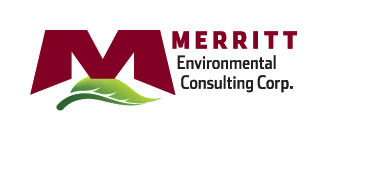The purpose of a Phase One Environmental Site Assessment (ESA) is to limit a buyer’s liability when purchasing a commercial property. To do so, the report needs to turn up any yellow or red flags that would require a purchaser to move on to Phase Two (drilling and sampling soil/groundwater). 20, 10, or even 5 years ago Phase One reports focused mainly on soil and groundwater contamination.
Today, that is not enough. Within the last 5 years there has been a buzz in the environmental consulting industry based on a growing concern around Vapor Encroachment. What is Vapor Encroachment? It is the process where, over time, contaminants in groundwater and soil break down and convert to a gas. This gas can seep through cracks in a building’s foundation and contaminate indoor air spaces.
Effects of this vapor intrusion vary based on the underlying contaminant, its concentration, the duration of exposure and other factors. The medical risks can vary widely and include anything from headaches, to rashes, to liver, kidney, and heart damage
The current industry standard comes from the American Society of Testing Materials (ASTM) E1527-13 protocols which meets the Federal Environmental Protection Agency (EPA) All Appropriate Inquiry (AAI) guidelines. This standard, which was released in the fall of 2013, compels the author of the Phase One to include a section on Vapor Encroachment.
Consultants who fail to address Vapor Encroachment are opening themselves and their customers up to protracted legal problems. In addition, more and more, lenders are gravitating towards environmental consultants who clearly address Vapor Encroachment in their reports and understand the risks. Ultimately, this protects not only the borrower, but the lender as well.
The last thing a lender wants is to foreclose on a property contaminated through Vapor Encroachment. Taking a loss on the foreclosed property is bad enough. But, being stuck with a contaminated property that cannot be resold without extensive remediation is worse. Experienced, expert environmental consultants like the team at MECC protect buyers and lenders from these worst case scenarios.
If you found this article informative, please sign up for our monthly email blast on issues in environmental consulting.
